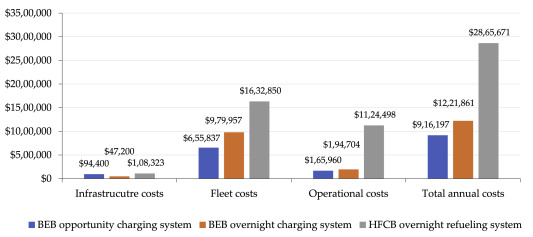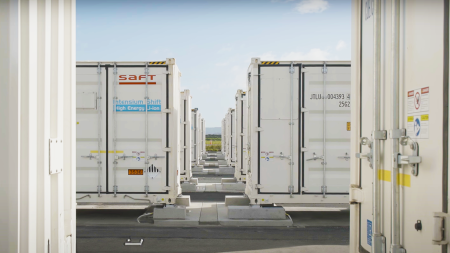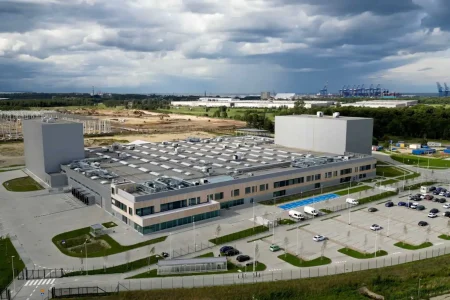In the field of public transportation, electric bus transit emerges as a pivotal element in mitigating greenhouse gas emissions and diminishing fossil fuel dependence—a pressing necessity given the mounting urgency of climate change. Electric buses, particularly battery electric buses (BEBs) and hydrogen fuel cell buses (HFCBs), promise to reshape urban transit systems, provided the right configuration strategies are employed.
A newly developed study scrutinizes the optimal configurations of these systems, evaluating both economic and environmental impacts. By developing comprehensive system configuration models, the study identifies optimal strategies for component sizing in charging and refueling stations, alongside fleet and energy management designs. The objective is to minimize overall costs, encompassing both capital expenditures and operational budgets.
Of noteworthy mention is the current economic stance of BEBs over HFCBs. The study’s models reveal that BEBs, particularly under the opportunity charging scenario, stand as the most cost-effective and eco-proactive option available. The model specifies that HFCBs incur costs 134.5% higher and produce emissions 215.7% greater than their BEB counterparts under overnight charging systems. This showcases considerable hurdles HFCBs must overcome, especially in cost reduction and greenhouse gas mitigation, to achieve comparable economic viability.
A pivotal element of the analysis lies in the sensitivity tests deployed to probe the economic competitiveness of HFCBs. The results suggest that unless there is a marked reduction in the price of hydrogen fuel cells and associated operational costs, HFCB systems remain insufficiently appealing from an investment perspective. These findings particularly challenge the narrative often associated with hydrogen as a panacea for sustainable transit solutions, underscoring the need for significant innovative advancements in reducing HFCB costs.
Industry experts and stakeholders are thus prompted to reevaluate their strategies related to hydrogen fuel cell technology in public transit, balancing the promise of innovation against tangible economic realities. Looking ahead, the insight derived from these models could shape future policy and investment decisions, urging a reconsideration of current transit electrification efforts and prompting calls for greater emphasis on deploying and refining battery-electric technologies.
The study, offering an in-depth dissection of electric bus transit configuration, sets the stage for crucial deliberations regarding technology investment and deployment, bolstered by a synthesis of real-world data and economic modeling. As the global community continues to grapple with climate change parameters and strives for economically viable solutions, battery electric buses provide a concrete pathway—albeit one that calls for ongoing evaluation against emerging hydrogen innovations in an ever-evolving technological landscape.








